What is the Success Rate of Family Therapy?
Family therapy can be an effective intervention for resolving conflicts, improving communication, and fostering healthier relationships within families. While success rates can vary depending on the specific issues being addressed, the methods used, and the commitment of the family members involved, research and clinical evidence provide valuable insights into the overall effectiveness of family therapy.
General Success Rates
Research Findings
American Association for Marriage and Family Therapy (AAMFT)
The AAMFT reports that family therapy is generally very effective, with over 98% of clients reporting that they received good or excellent help.
About 93% of clients believe they have more effective tools for dealing with their problems after therapy.
Approximately 97% of clients were satisfied with the help they received, and 91% said they were able to better deal with problems in their families.
Clinical Studies
Studies show that family therapy can lead to significant improvements in family functioning and individual mental health. For instance, a study published in the "Journal of Marital and Family Therapy" found that family therapy had positive effects on 70-80% of families treated.
A meta-analysis published in the "Journal of Consulting and Clinical Psychology" indicated that family therapy was more effective than no treatment and sometimes more effective than individual therapy for certain issues.
Sources:
American Association for Marriage and Family Therapy (AAMFT)
Effectiveness for Specific Issues
Adolescent Behavioral Problems
Family therapy is particularly effective in treating behavioral issues in adolescents. Studies have shown that it can reduce symptoms of conduct disorder, oppositional defiant disorder, and other related problems.
Substance Abuse
Family therapy has been found effective in treating substance abuse issues, with a significant reduction in relapse rates. Involving family members in the treatment process helps create a supportive environment for the individual struggling with addiction.
Mental Health Disorders
For issues such as depression, anxiety, and eating disorders, family therapy can improve overall family dynamics, which in turn can support individual recovery and mental health.
Sources:
Substance Abuse and Mental Health Services Administration (SAMHSA)
Factors Influencing Success
Commitment and Participation
Active Engagement: The success of family therapy is significantly influenced by the active participation and commitment of all family members involved.
Consistency: Regular attendance and consistent application of therapeutic techniques in daily life enhance the likelihood of positive outcomes.
Therapist's Expertise
Training and Experience: The therapist's expertise and experience in family therapy play a crucial role in the effectiveness of the treatment.
Therapeutic Alliance: Building a strong therapeutic alliance between the therapist and family members is essential for successful therapy.
Specific Techniques Used
Different therapeutic models (e.g., Structural Family Therapy, Strategic Family Therapy, Bowenian Family Therapy) have varying levels of effectiveness depending on the specific issues and family dynamics.
Conclusion: The Value of Family Therapy
Despite some variability, family therapy generally boasts high success rates and is widely regarded as an effective intervention for a variety of family-related issues. The benefits of improved communication, conflict resolution, and stronger family bonds often outweigh the potential challenges involved in the therapy process.
If you’re considering family therapy, it’s important to choose a skilled therapist and remain committed to the process. At Moriel Mental Health (MMH), we offer comprehensive family therapy services tailored to meet your unique needs. Our sessions are typically free to most insurance providers, and if you are paying out of pocket, the copay is usually around $20 per session. Please contact us to book an appointment and start your journey towards a healthier family dynamic. We work all throughout California and are here to support you.

